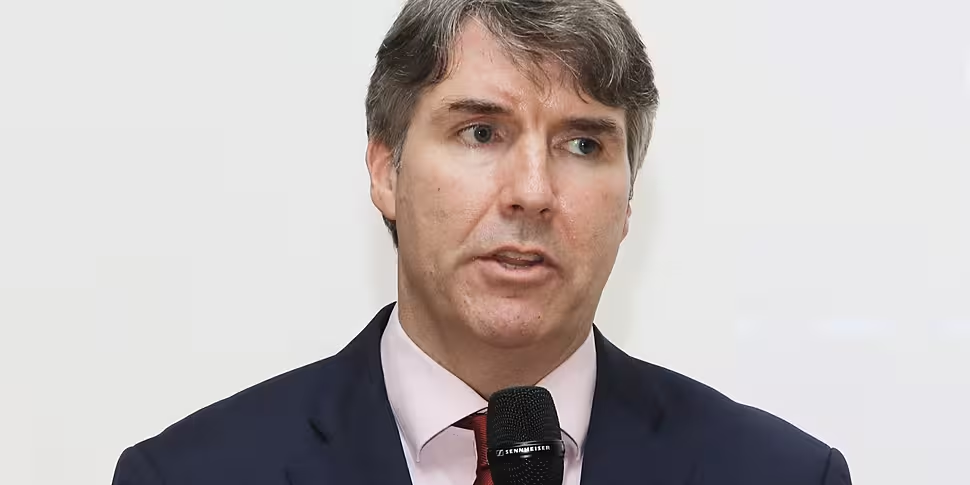The Children's Ombudsman has warned that many children will find it difficult to 'bounce back' once society returns to normal after the COVID-19 crisis.
Dr Niall Muldoon is calling for a 'bold and ambitious' plan to change society for children in the wake of the pandemic.
He says some children who'd usually 'sail through' their education and teen years are now in isolated and lonely situations.
This Friday will mark a year since schools first closed as a result of the pandemic.
With children having missed months of class time - and many students yet to return after Christmas - the Government is being asked to put together a national recovery plan for young people.
Dr Muldoon is among those calling for the plan.
He told Newstalk Breakfast he's pushing for an 'ambitious look forward'.
He said: “Over the past 12 months, we’ve been working from crisis to crisis.
"But we need to stick our heads up and see if we can change society in a way that is profound… over the next five to ten years.”
He said this will involve things like introducing a living wage - suggesting that would take many children and their parents out of poverty 'immediately'.
Other measures would include better supports for DEIS communities, including creating more jobs for adults so their children will be able to live in a 'whole different way'.
Impact of school closures
Dr Muldoon said 'you've got to be worried' about the impact of school closures over the past year.
He observed: "Probably around 60-70% of children will be fine after a period of time, when they get back into the run of things - when they get back into society, they will bounce back.
“There are children who would normally sail through education and their teen years, who are now in a situation where they’re isolated and lonely."
He said the struggle is 'real for everybody', but it's important to be aware of those who are already in vulnerable positions before COVID-19 hit.
He added: “There are children who were born this time last year, who may have only met one or two other children in their lifetime.
"They may have never met their grandparents or cousins… they’re sort of making strange, and may find it difficult to interact.
“There’s a whole lot of things that are going to take time to recover from.”









